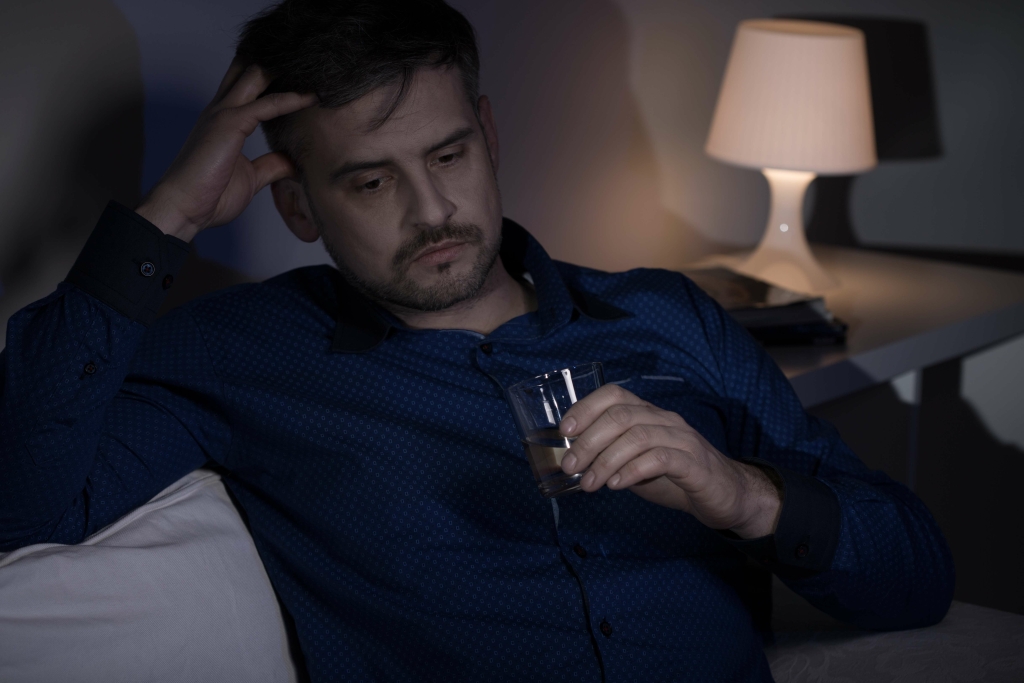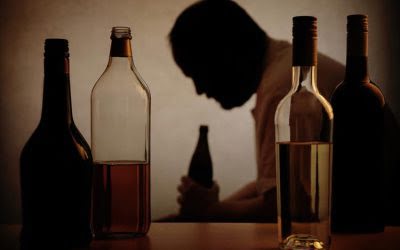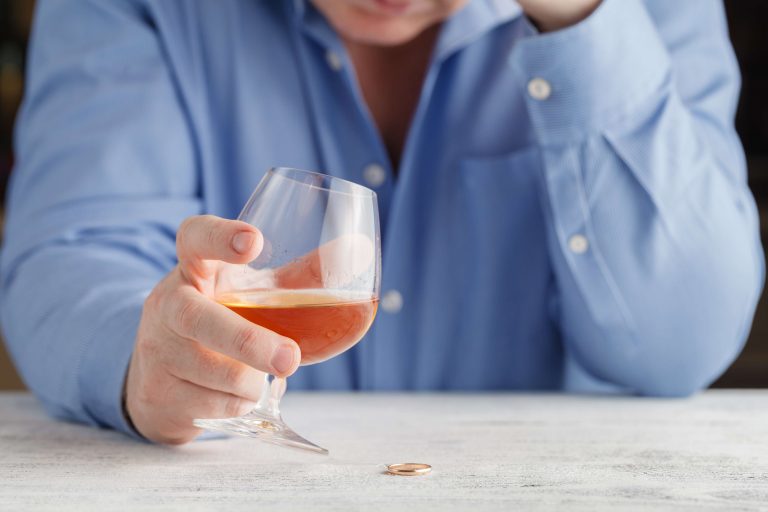As important aspect of evaluation of HE among patients with DT is look for history of constipation. If patients with DT are found to have high ammonia levels, than appropriate pharmacological measures like lactulose needs to be considered. This window period should be understood in the context of timeline for occurrence of various other symptoms of alcohol withdrawal. The first symptom to appear in alcohol withdrawal is tremor, which could be noticed within 6 h of cessation. The fourth and final major symptom is DT.20, 21 The point is, DT does not develop all of a sudden and this sequential timeline might help a clinician to halt the progression of alcohol withdrawal syndrome by intervening at an early stage. There are only a few studies which have looked into the prevalence of DT in general population.
Full Day Treatment (PHP) Program in Cambridge, MA
This study found that patients undergoing this structured intervention were 5-fold more likely to successfully discontinue BZD than those who just tapered off the drug 73. Interestingly, a lower prevalence of withdrawal symptoms was noted in the experimental group without any change in pharmacologic treatment from control group 73. However, this study included a small sample size, so a larger study using this standardized counseling method would increase the validity of the results of this study 73. More studies will need to be carried out on the non-pharmacologic treatment of BZD withdrawal, as it is showing some promise for the successful discontinuation of the drugs.
- These include local addiction treatment centers, mental health professionals specializing in dual diagnosis, support groups like Alcoholics Anonymous and SMART Recovery, and national helplines.
- As you experience fatigue from the strain of withdrawal, you will likely begin to notice that the sleep you get is far more restorative and that you feel much better when you wake up in the morning.
- While dopamine increases immediately after drinking alcohol and temporarily makes you feel good, when the inebriation has faded, whatever symptoms that were being avoided rebound.
Similar articles

As cannabis withdrawal symptoms can mirror other physical disorders, a comprehensive medical review with does alcohol give you anxiety an emphasis on gastrointestinal and neurological systems is recommended. There is considerable overlap of features between DSM‐5 and MWC and CWS, but not complete concordance. An adaption of the MWC, the 14‐item composite withdrawal scale (WDS 26), corresponds more closely with cannabis withdrawal symptoms described in the DSM‐5. By comparison with other substance withdrawal scales (e.g. alcohol withdrawal scale), there has been limited psychometric validation of the various cannabis withdrawal scales. There is good neurobiological and clinical evidence for a pharmacologically specific cannabis withdrawal syndrome. CB1 antagonists precipitate specific withdrawal symptoms in animal models of cannabis dependence 19.
Symptoms
Recovery is a process, and it’s important to set realistic expectations for yourself. Anxiety is a natural part of alcohol withdrawal, and it’s not uncommon for it to persist beyond the acute phase. During withdrawal, your brain’s compensatory hyperactivity triggers these tremors as it attempts to recalibrate after alcohol cessation. You’ll need medical supervision to safely manage these symptoms, as they can indicate potential complications requiring immediate intervention, especially if you develop whole-body tremors. Medications like benzodiazepines and baclofen can help manage withdrawal tremors under proper medical supervision. That’s where the real problem comes in, and that’s why those that want to quit drinking also need to start looking at how to regain those coping skills that they’ve lost.

Panic Disorder After the End of Chronic Alcohol Abuse: A Report of 2 Cases

Sharing your experiences with others who understand what you’re going through what is alcoholism can help reduce feelings of isolation and anxiety. To manage these symptoms, you’ll need to focus on sleep hygiene and relaxation techniques. If you have co-occurring depression or anxiety, treating these conditions becomes essential, as they can amplify sleep difficulties during withdrawal. While medication often provides quick relief for withdrawal headaches, numerous evidence-based natural interventions can effectively manage your persistent pain during recovery. Since dehydration worsens withdrawal, maintaining proper fluid balance is crucial for symptom management. Focus on hydration strategies by increasing your water intake and consuming electrolyte-rich foods like bananas and coconut water.
- This approach, which prioritizes the patient’s health needs over achieving short-term success, has helped many to find peace in sobriety, even those dealing with anxiety as well.
- However, approximately 1 month after the sudden cessation of alcohol abuse, he started to experience spontaneous episodes of panic attacks, with shortness of breath, chest pain, palpitations, trembling, and a fear that he was going to die.
- One of the main categories of people with BZD prescriptions is those with insomnia.
- This tumultuous experience, known as alcohol withdrawal, often brings with it a surge of anxiety that can be overwhelming and frightening for those embarking on the journey to sobriety.
- Many studies have examined the effects of benzodiazepines on cognition with varied results.
Treatment of Refractory Delirium Tremens
The NHS website, Every Mind Matters, has advice on how to access support and treatment for anxiety in England. This includes options for NHS support, links to charities, helplines and communities, and tips on self-care. Anxiety is different to depression, but they can sometimes go together – feeling anxious and worrying constantly can make you feel low. And depression is affected by alcohol too – find out more on our alcohol and depression webpage. If you’re drinking more than the UK low risk drinking guidelines (no more than 14 units a week for both men and women) try to cut down. It’s safer to make gradual, small reductions (not sudden large changes).We have advice on how to take a break from alcohol, but if you’re worried you are dependent on alcohol talk to your GP surgery or contact an alcohol support service.
Outlook for alcohol withdrawal syndrome
If you took a drug or drank alcohol to relax, you’re likely to feel tenser. Likewise, if you were essentially self-medicating, you might fear what is going to happen without https://ecosoberhouse.com/ your usual way of coping. It’s also possible for chronic alcohol use to contribute to existing anxiety or lead you to develop an anxiety disorder.
Serious Short-Term Symptoms
Anxiety attacks, characterized by intense feelings of fear, worry, and physical discomfort, can be particularly challenging during this period. These episodes can range from mild unease to severe panic, often exacerbating the already difficult process of withdrawal. Understanding the connection between alcohol withdrawal and anxiety attacks is crucial for those seeking recovery and the professionals supporting them. PAWS typically lasts for 3 to 6 months, but in some cases, it can last up to a year or longer, especially for individuals with a long history of heavy drinking or co-occurring mental health disorders.


Comentarios